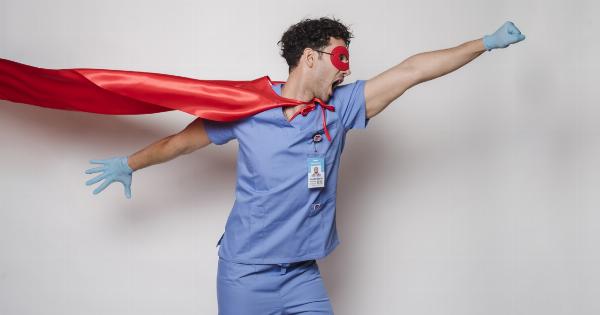Glaucoma is a group of eye diseases that damages the optic nerve and causes vision loss. Cataracts are a clouding of the eye’s natural lens that can also cause vision loss.
Although these two eye conditions are separate, there is a relationship between them that can benefit patients. In this article, we will discuss how glaucoma patients may benefit from cataract surgery.
What is Glaucoma?
Glaucoma is a leading cause of blindness worldwide. It is a group of eye conditions that damage the optic nerve, which is responsible for transmitting visual information to the brain.
The most common form of glaucoma is called open-angle glaucoma, which develops slowly over time. There are often no noticeable symptoms in the early stages, so it’s important to have regular eye exams to catch the disease early. Other forms of glaucoma include angle-closure glaucoma and normal-tension glaucoma.
What is Cataract?
A cataract is a clouding of the eye’s natural lens. The lens is responsible for focusing light onto the retina, which sends visual messages to the brain. When the lens becomes cloudy, it can cause blurry, hazy, or distorted vision.
Cataracts are very common, especially in older adults. They can be treated with surgery, which involves removing the cloudy lens and replacing it with an artificial lens.
The Relationship between Glaucoma and Cataract
Glaucoma and cataracts are two separate eye conditions, but there is a relationship between them. Studies have shown that people with glaucoma are more likely to develop cataracts, and people with cataracts are more likely to develop glaucoma.
Additionally, some medications that are used to treat glaucoma can accelerate the development of cataracts. This means that treating one condition can have a positive impact on the other.
How Cataract Surgery can Benefit Glaucoma Patients
For glaucoma patients, cataract surgery can have several benefits:.
Improved Vision
Cataract surgery can improve a patient’s vision by removing the cloudy lens and replacing it with an artificial lens. This can help to reduce glare, halos, and double vision.
Improved vision can also help with driving, reading, and other daily activities.
Lower Eye Pressure
It has been shown that cataract surgery can lower the intraocular pressure (IOP) in some glaucoma patients.
This is because the cataract surgery removes the lens, which can be a source of inflammation and can also contribute to the accumulation of fluid in the eye.
Reduced Dependence on Glaucoma Medications
By reducing the intraocular pressure, some glaucoma patients may be able to reduce their dependence on glaucoma medications after cataract surgery.
This can be particularly beneficial for patients who experience side effects from their medications or who have difficulty remembering to take their medications as prescribed.
Early Detection of Glaucoma
Cataract surgery can also help to detect glaucoma in its early stages. During cataract surgery, an ophthalmologist can examine the optic nerve and look for signs of glaucoma, such as cupping of the optic disc.
If glaucoma is detected early, it can be treated before it causes significant vision loss.
Conclusion
Cataract surgery can have several benefits for glaucoma patients, including improved vision, lower intraocular pressure, reduced dependence on glaucoma medications, and early detection of glaucoma.
It’s important for patients to discuss their options with their ophthalmologist to determine whether cataract surgery is the right choice for them.






























